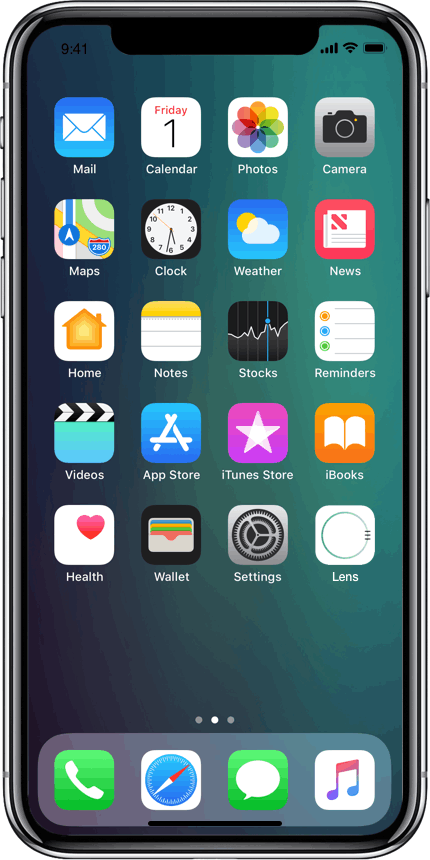
Project
LENS App
The first version of the app focuses on the phone number aliasing functionality. Users can create fake phone numbers and communicate back-and-forth through text messages and phone calls without giving out their real phone number. The Lens app is available in the App Store on a monthly subscription basis. Future functionality involves giving out subscriptions to your data, such as financial and medical information.
Client: MyLens Inc.
Process
Workflow
Implementing incoming and outgoing communication through the app is a complicated task with many moving parts. I iterated several times on this workflow in order to flush out important details and ensure that all of the questions are answered before development started. I received feedback from the backend developers that understanding the big picture and how everything ties together was valuable in the development process.

Demo
LENS Mobile App

Step
Register and Verify
When a user opens the LENS app for the first time, they’re prompted to register and verify their phone number. This creates a unique virtual Lumen that securely stores the user’s information.

Step
Create an Alias
When a user verifies their phone number, the LENS app automatically adds it under the My Information screen and creates a phone alias. This alias is ready for users to copy, paste, and share with others.

Step
Communicate
The user can communicate back-and-forth through text messages and phone calls without giving out their real phone number. They can make outgoing calls, view text messages, and respond to text messages through the LENS app. Incoming calls will be redirected to their phone as normal.

Step
Add Contact
LENS app users can add contacts and label phone numbers. This makes it easier to sort through their alias activity history. Changes within the LENS app will sync with the user’s iPhone contact list. When a call is received, the contact name is displayed on the screen so the user knows who’s calling.







